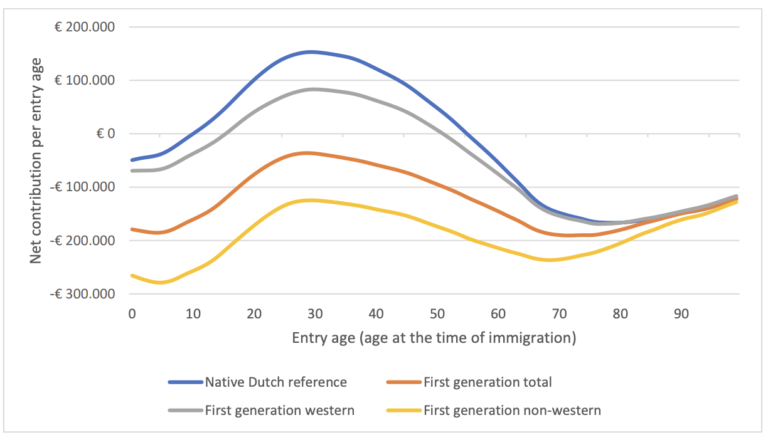Não esquecer a má, ainda do Capítulo 10 do livro “Cracked It! How to solve big problems and sell solutions like top strategy consultants:”
"people can better understand and remember a set of ideas if they can mentally organize these ideas around a coherent pattern or logical structure.
...
To understand other people's thoughts and be convinced of what they are telling us, we must "see" how their ideas are connected in a recognizable structure. The tighter the connections and the simpler the structure-the stronger the coherence-the more convincing the story.
For business recommendations, [Barbara] Minto argues that the most efficient communication structure is a top -down pyramid that starts with communicating the core message-the "governing thought" —head-on, and then turns to a "key line" of arguments that support it, while also announcing the plan of the report. The core message must jump off the page immediately and pave the way for the later points that collectively justify or detail it. If you adopt this pyramidal communication strategy, the audience will see the big picture first and realize that all the ideas fit in a simple and visible pattern. This will free their minds and make them receptive to the core message and the overall content.
...
Pave the Way for a DialogueStating the governing thought and the main points of your presentation from the get-go is critical to selling your solution effectively. Having a relevant core message isn't enough. It must also be concise and set a clear direction. Because you begin with it, you can't prepare your audience for it, so you can be sure it will trigger questions. You might think it's safer and more logical to keep the core message for the end, as a conclusive punchline that closes your narrative. We strongly disagree. While you save a punchline for the end of a speech to wrap it up, you state a governing thought from the get-go to pave the way for a dialogue in which you will answer the audience's questions. A governing thought sets direction, like a keynote in music or a compass in navigation. Use your core message as a governing thought that drives a conversation with the problem owner, instead of using it as a punchline that puts an end to this conversation....
Using the pyramid principle to develop an elevator pitch means you must formulate your core message concisely and be able to answer in a few words the first questions that come to the mind of the problem owner. Broadly speaking, these questions typically belong to two categories: "why" and "how" questions. You'll be asked a "why" question if the problem owner remains unconvinced about your solution. You'll be asked a "how" question if she's convinced but wants to know more about how to implement the recommendation. The key line that supports the governing thought must contain the answers to these "why" and "how" questions."
Ainda esta semana tive a experiência de perder 55 minutos numa apresentação e só nos últimos 5 minutos aparecer a mensagem essencial.

















%2006.21.jpeg)












